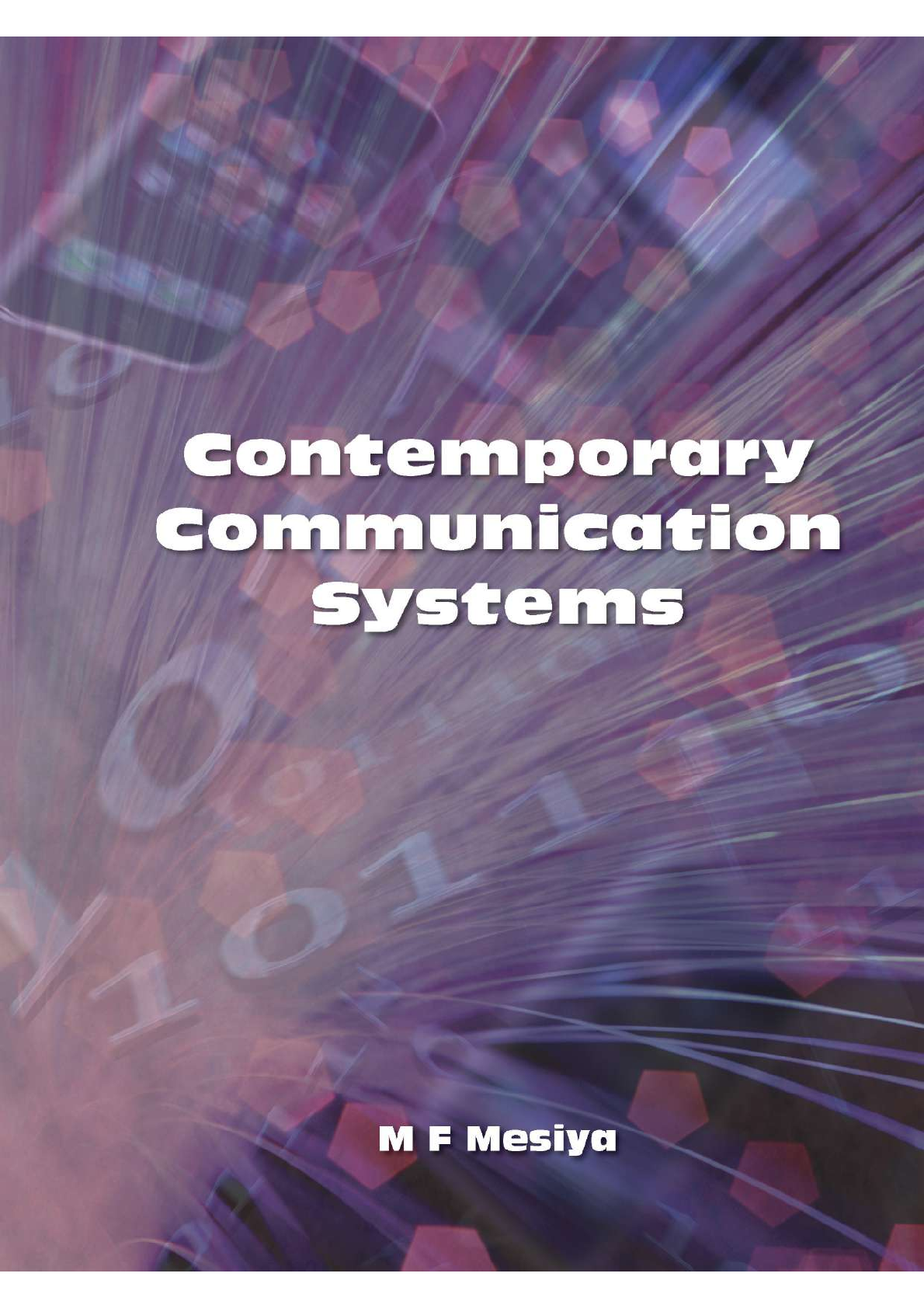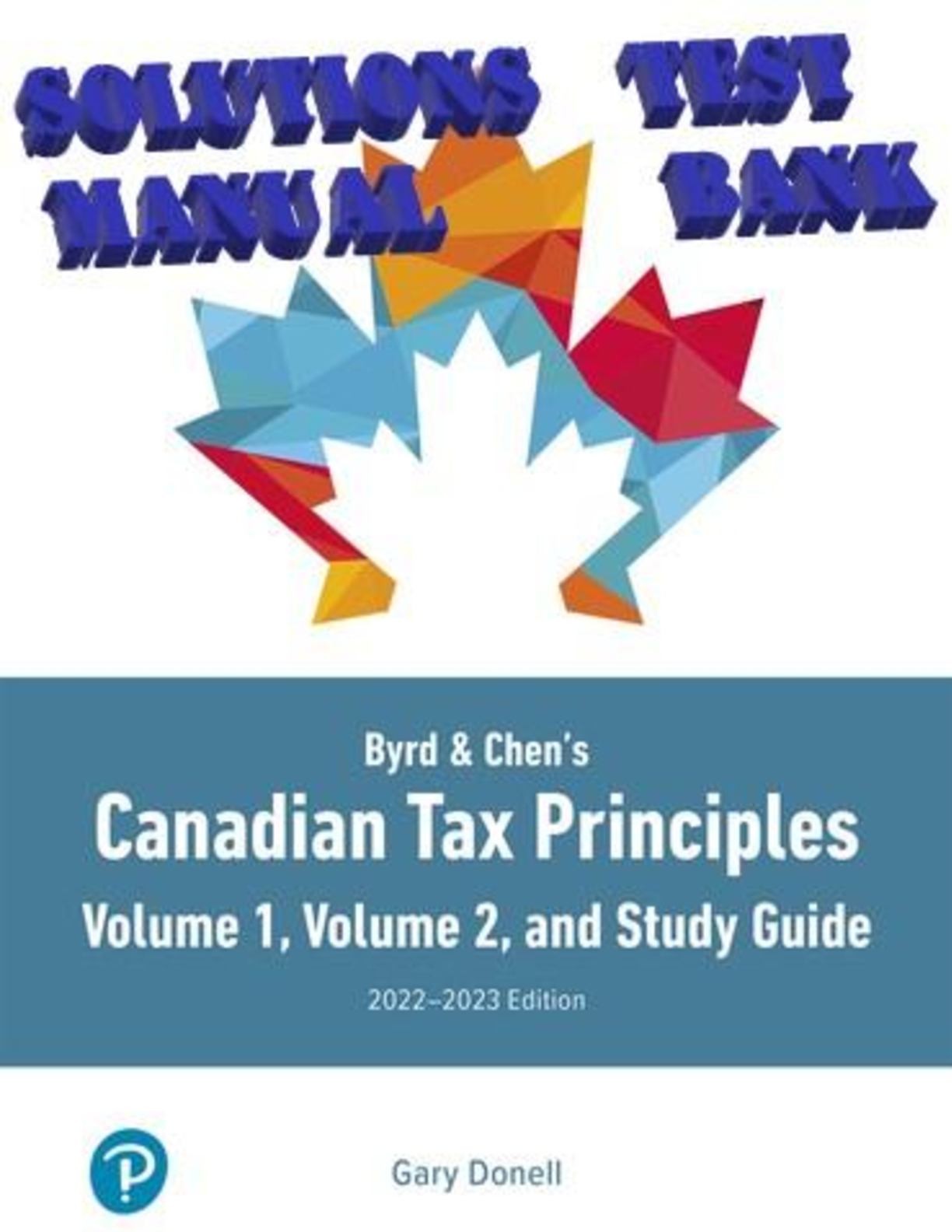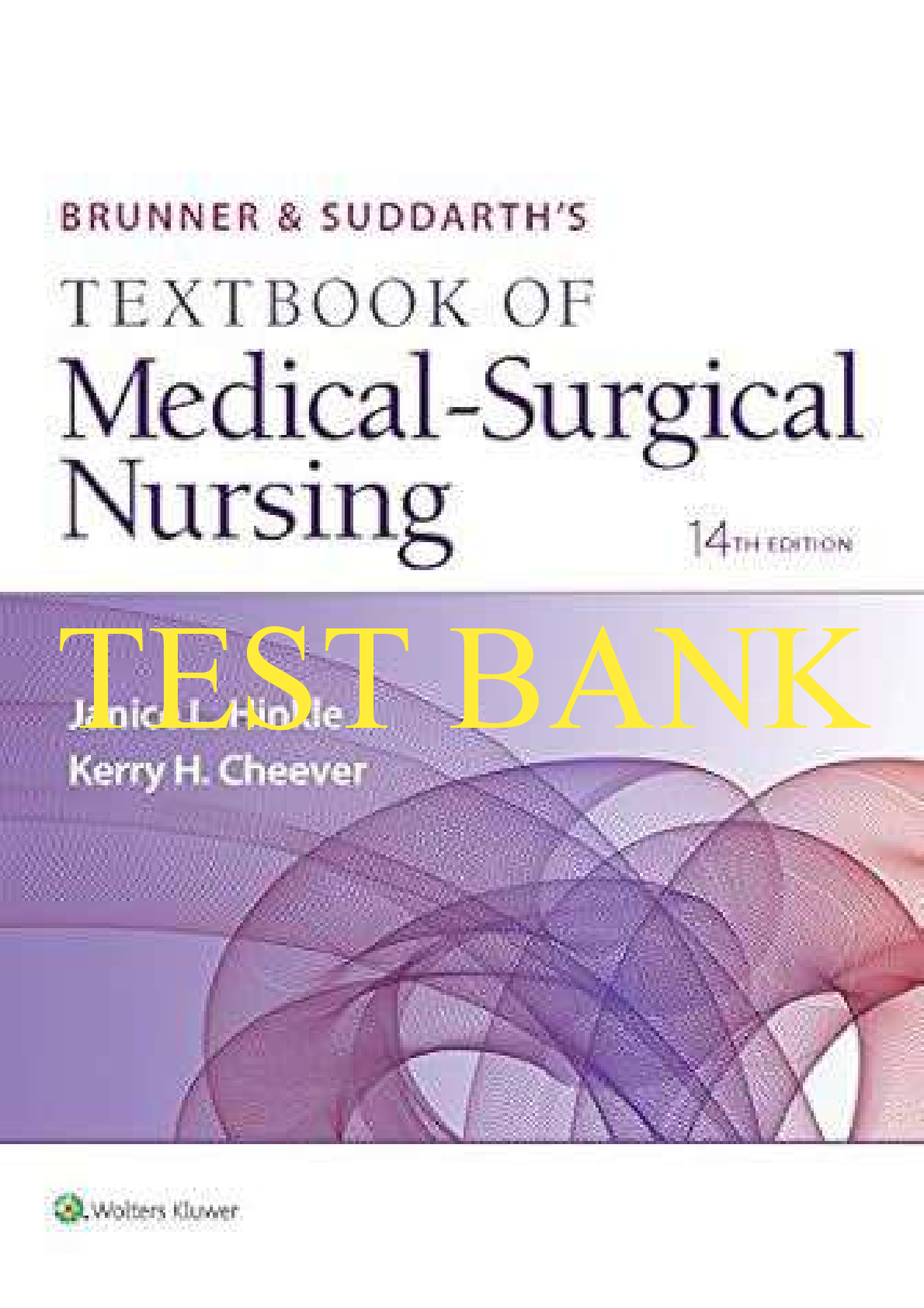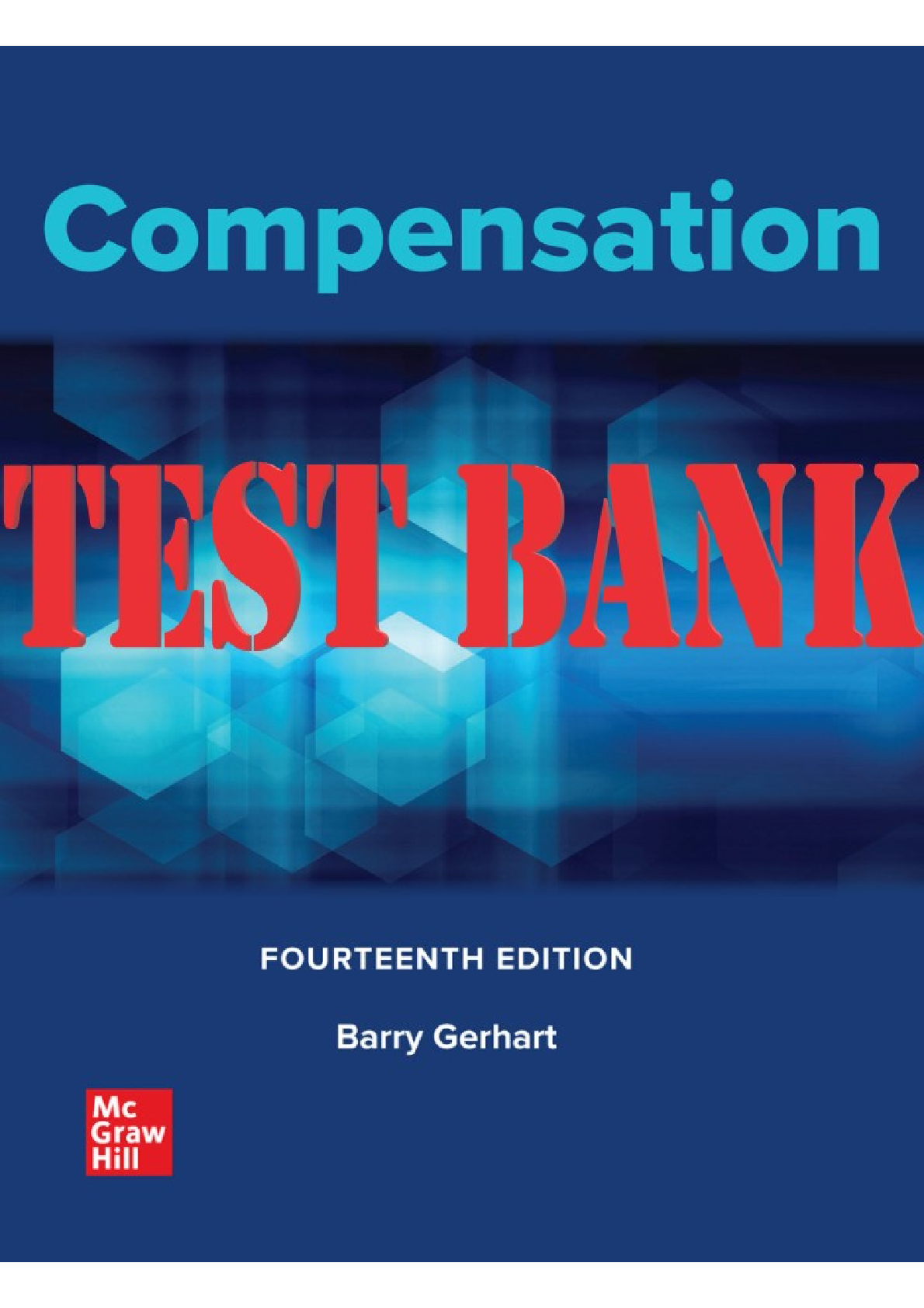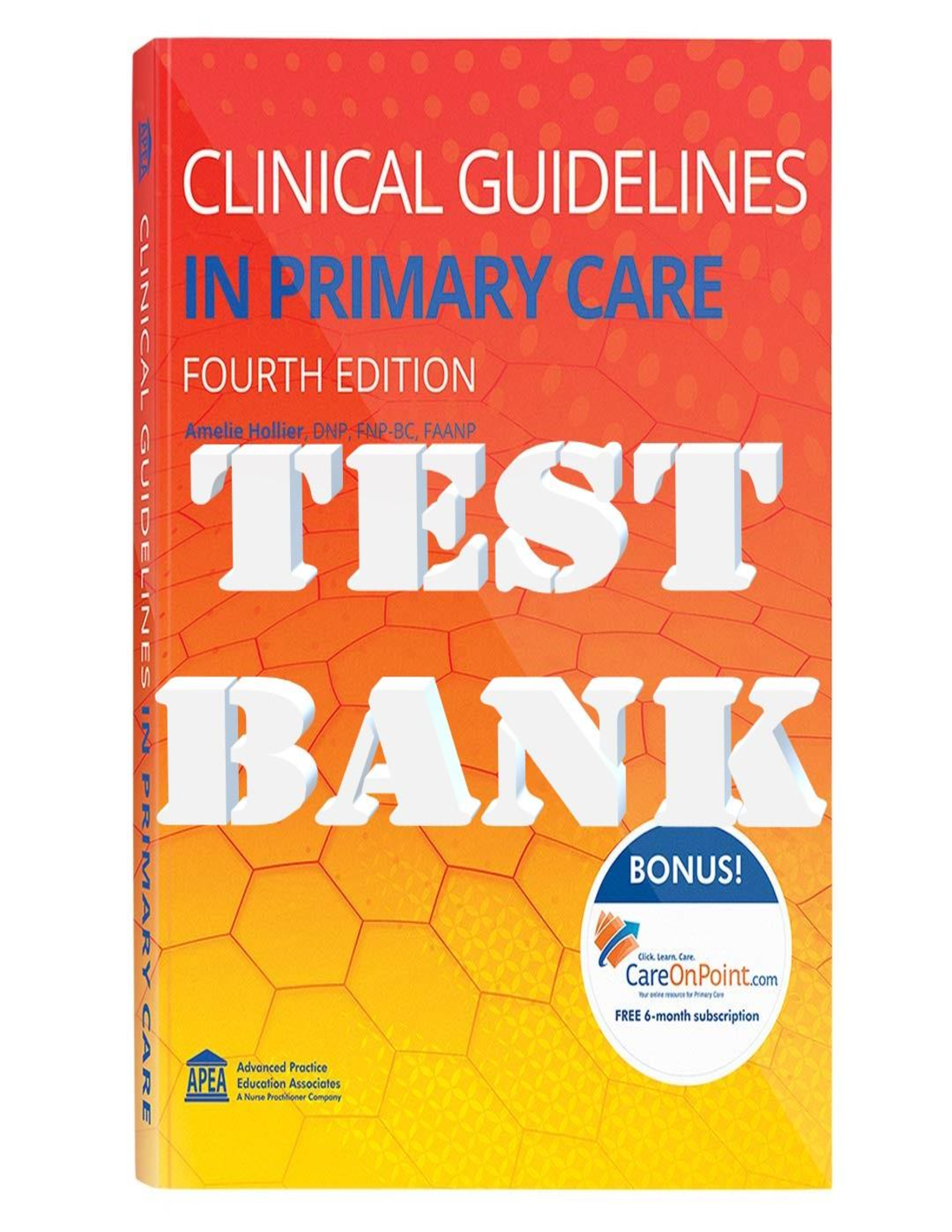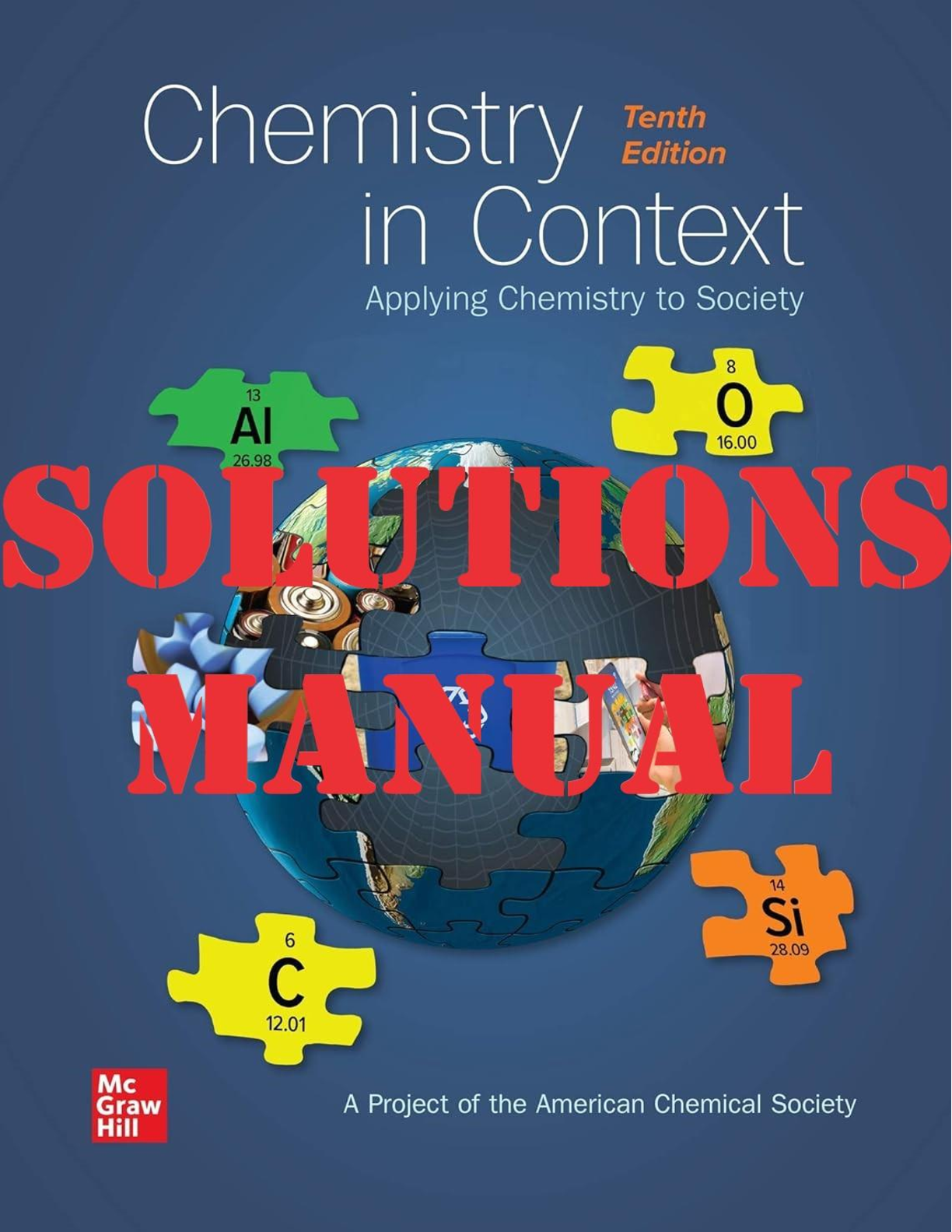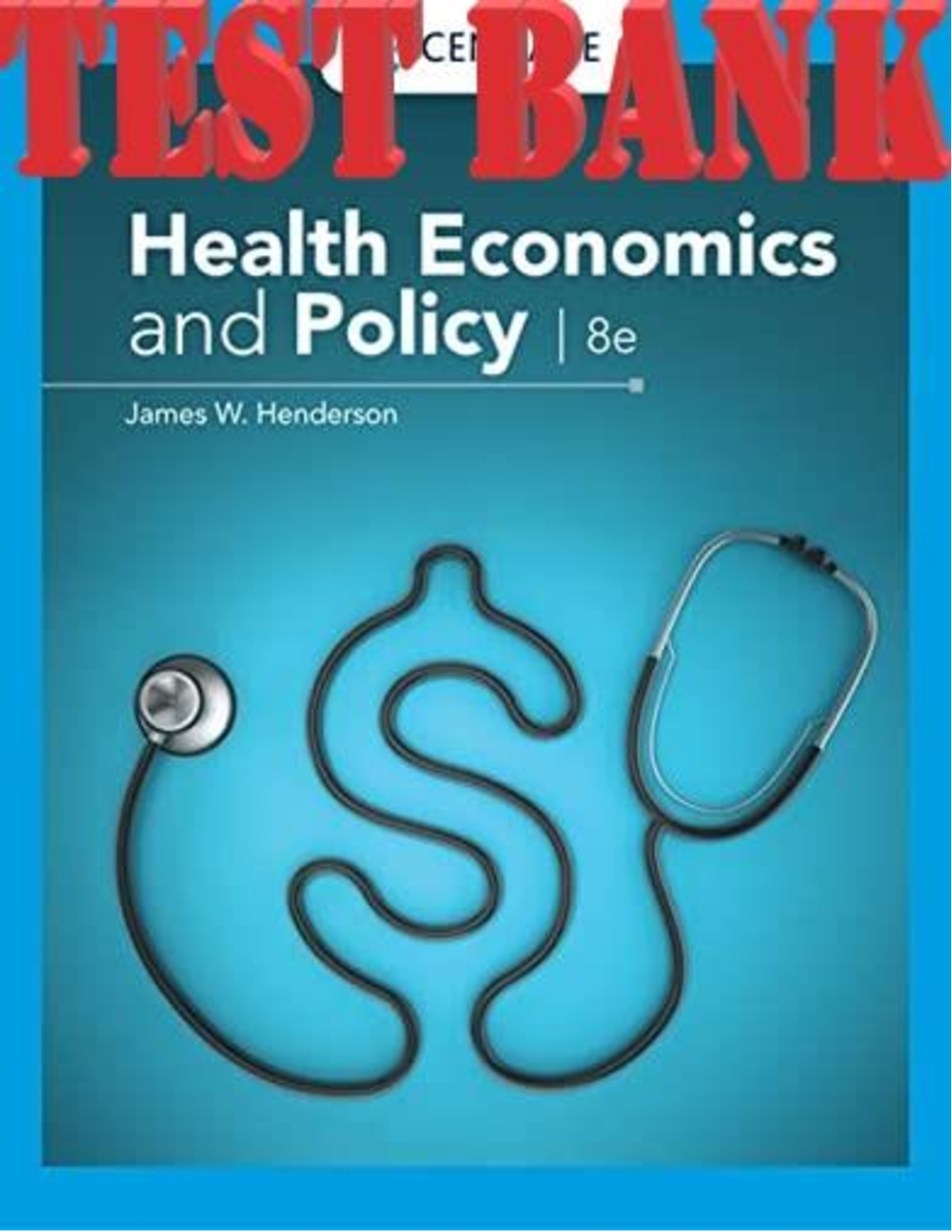Accounting > TEST BANKS > Modern Advanced Accounting In Canada 8th Edition By Hilton TEST BANK (All)
Modern Advanced Accounting In Canada 8th Edition By Hilton TEST BANK
Document Content and Description Below
MULTIPLE CHOICE. Choose the one alternative that best completes the statement or answers the question. 1) Which of the following would NOT be a reason to obtain a greater understanding of accountin... g practices in other nations? A) Departures from the historical cost principle may be possible in other nations. B) Financial results are disclosed in different currencies. C) Income-smoothing may have affected a foreign subsidiary's results; such smoothing practices are not permitted in North America. D) One needs to be aware of differing disclosure requirements from nation to nation, as this impacts the preparation of financial statements. Answer: B 2) Which of the following would be most affected by financial statements being prepared under different accounting principles? A) Reduced comparability. C) Reduced reliability. Answer: A B) Increased complexity. D) Inaccurate asset valuations. 3) The CPA Canada Handbook -- Accounting is the handbook of Canadian accounting standards. Why do companies in Canada ensure that their financial reporting is consistent with Canadian GAAP? A) Their bank requires them to do so. B) Compliance with the CPA Canada Handbook - Accounting pronouncements is usually required by many legal statutes. C) Reporting under the CPA Canada Handbook - Accounting is required by public companies' boards of directors. D) Their auditors require them to do so. Answer: B 4) Which decision has Canada made with respect to financial reporting for private enterprises? A) To adopt the IFRS standards for small and medium-sized enterprises. B) To look to US GAAP for standards. C) To retain the current standards. D) To develop and maintain its own standards for private enterprises. Answer: D 5) Starting in 2011, what is the definition of a private enterprise (PE) under Canadian GAAP? A) A corporation that has less than 500 shareholders and is not listed on a stock exchange. B) A corporation that has no public shareholders. C) A corporation which is not profit oriented. D) A profit oriented enterprise that has none of its issued and outstanding financial instruments traded in a public market and does not hold assets in a fiduciary capacity for a broad group of outsiders as one of its primary businesses. Answer: D [Show More]
Last updated: 1 month ago
Preview 1 out of 288 pages
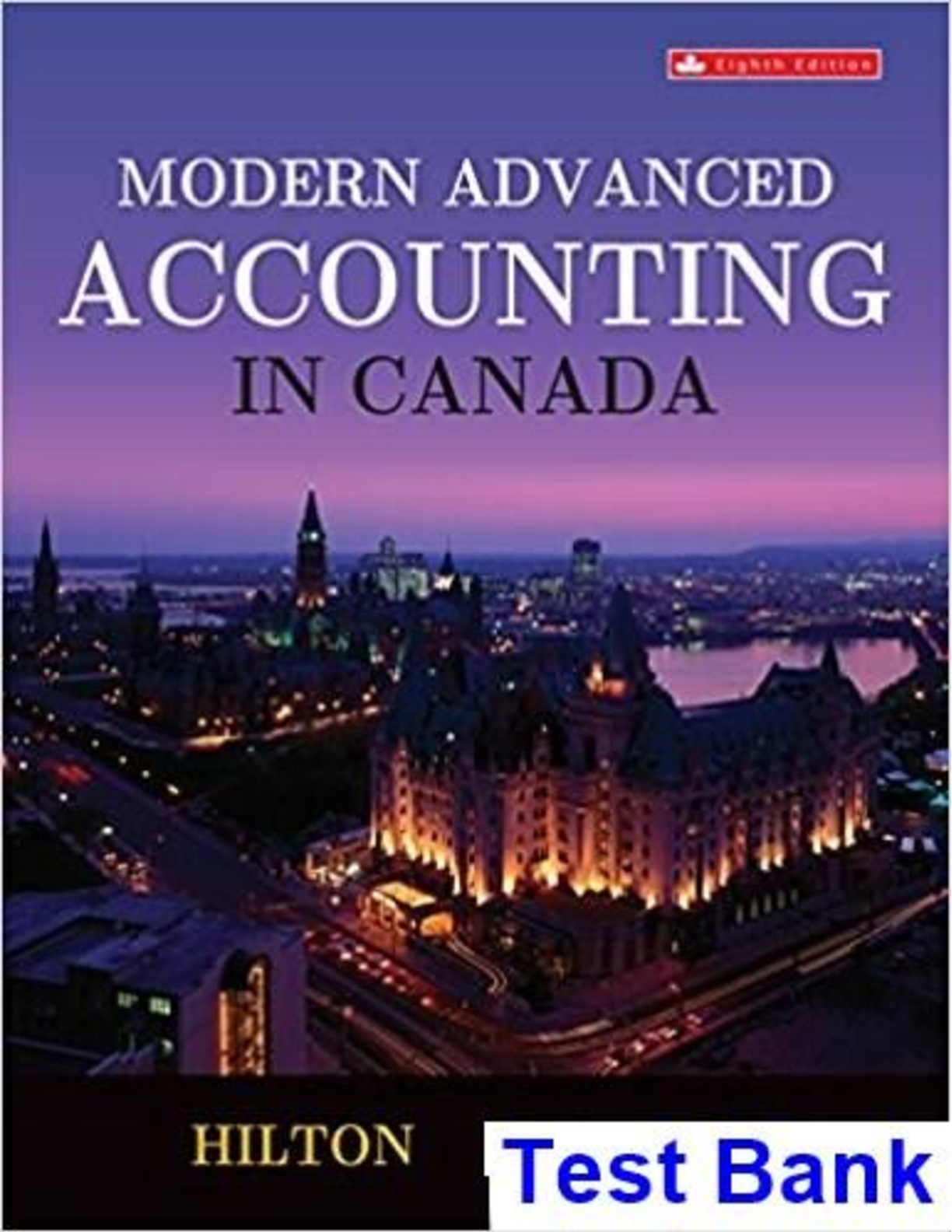
Buy this document to get the full access instantly
Instant Download Access after purchase
Buy NowInstant download
We Accept:

Reviews( 0 )
$25.00
Can't find what you want? Try our AI powered Search
Document information
Connected school, study & course
About the document
Uploaded On
Jun 08, 2025
Number of pages
288
Written in
Additional information
This document has been written for:
Uploaded
Jun 08, 2025
Downloads
0
Views
15

